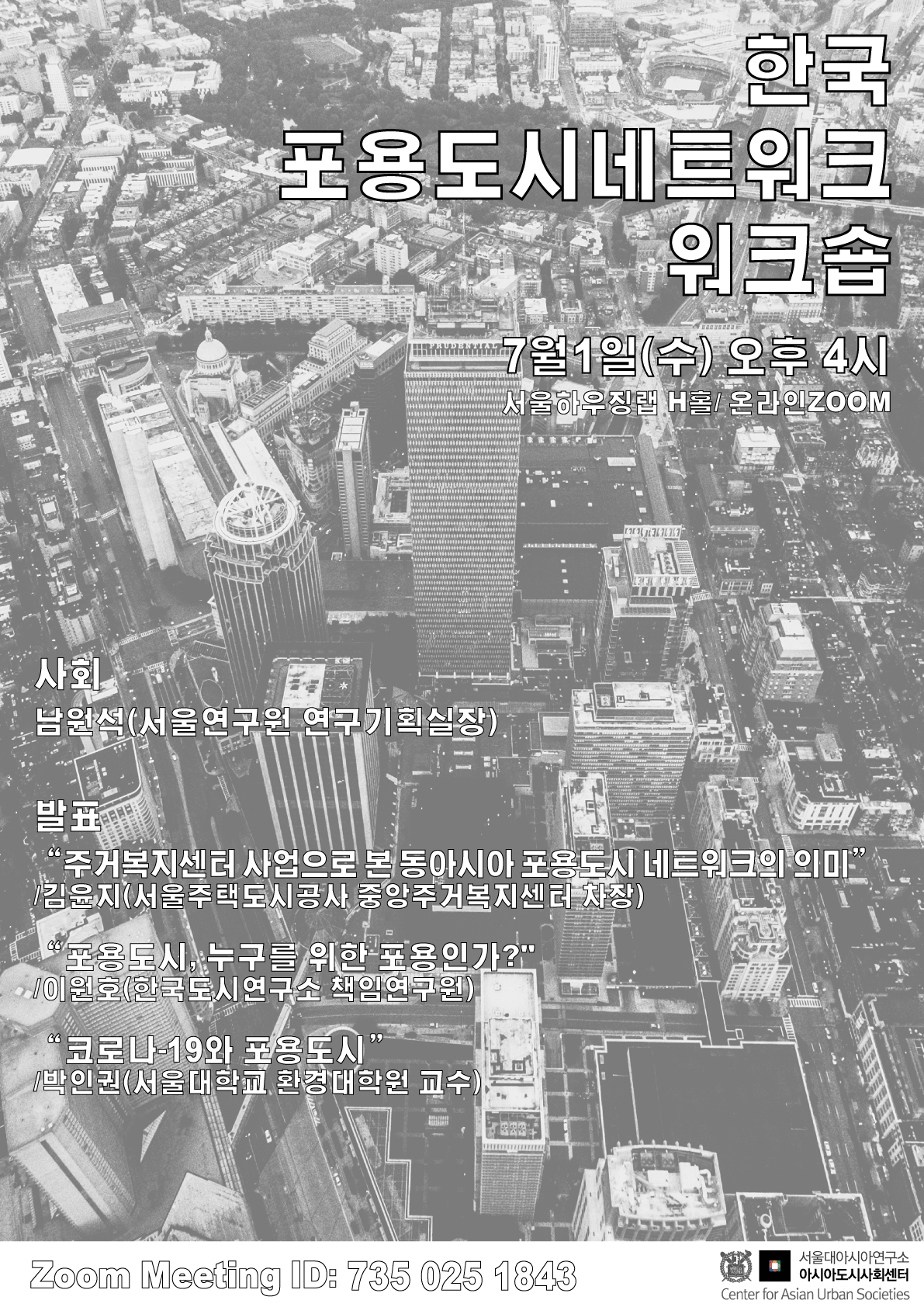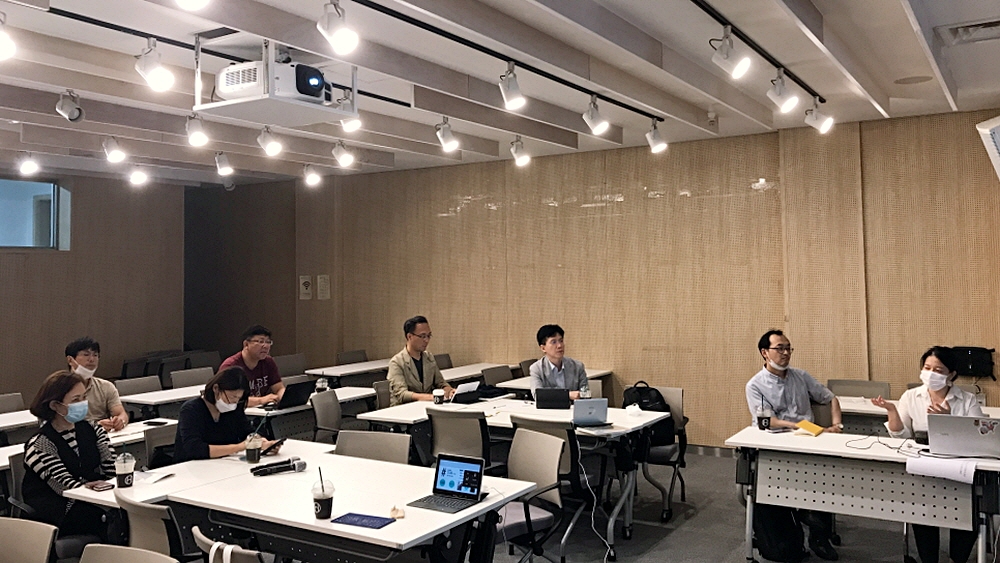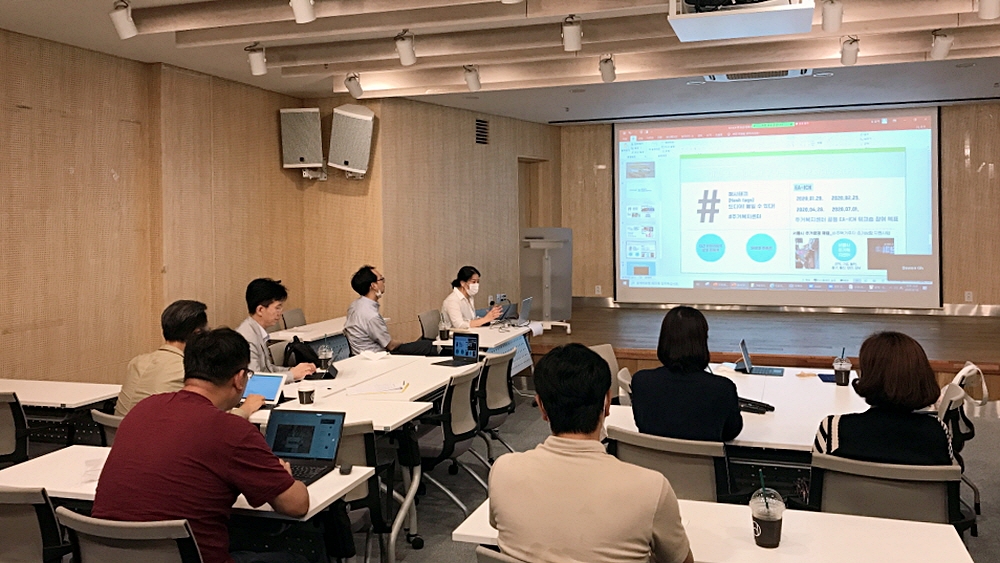Inclusive Cities Network Workshop
- Date: July 1st, Wednesday, 2020 16:00
- Location: Seoul Housing Lab H Hall / Zoom
Presentation: Kim Yoonji (Seoul Housing & Communities Corporation), “The Meaning of East-Asia Inclusive City Network Seen Through the Living Welfare Center Project”
Lee Wonho (Korea Center for City and Environment Research), “Inclusive Cities, Inclusion for Whom?”
Park In Kwon (Graduate School of Environmental Studies), “COVID-19 and Inclusive Cities”
The East-Asia Inclusive City Network has been holding annual workshops since 2011 with civil society activists, officers in governmental organizations and municipalities, and researchers who strive to overcome exclusion and discrimination in cities of East Asia including Japan, Korea, Taiwan, and Hong Kong, in order to share and learn specific experiences and methods to make cities more inclusive.
To organize the 10th East-Asia Inclusive City Network Workshop to be held in Seoul in 2021, the Korea Inclusive Cities Network Workshop preparation committee has been formed and regular meetings have been held. In this workshop, we seek to open up a field of understanding and discussing inclusive cities from diverse perspectives.
※ Passwords will be sent after you register.
(Registration: https://forms.gle/xqyeR31r9gXe5QWeA)
At the Inclusive Cities Network Workshop held at Seoul Housing Lab on July 1st, presentations were given on the inclusive city as discussed in the East-Asia Inclusive City Network and academia as seen from the perspective of public institutions.
Kim Yoonji (Seoul Housing & Communities Corporation) shared her experience of pursuing the living welfare center project as an employee of Seoul Housing & Communities Corporation and argued for the necessity of private organizations on site. Especially, she emphasized the importance of cooperation and solidarity with various subjects in participating in the East-Asia Inclusive City Network.
Prof. Park In Kwon (Graduate School of Environmental Studies) explained the unequal distribution and poor urban conditions revealed by the COVID-19 pandemic, with New York City’s case as an example. He especially explained about the urban conditions vulnerable in disease spreading (poor working conditions, living conditions, etc.), and discussed the inclusivity of cities in the post-COVID-19 era. Also, he offered suggestions for inclusive cities in the post-pandemic era such as an emphasis on the role of the public, securing cheap housing, expanding public space, facing prejudices/discrimination against minorities, and focusing on the potentials of neighborhoods.



